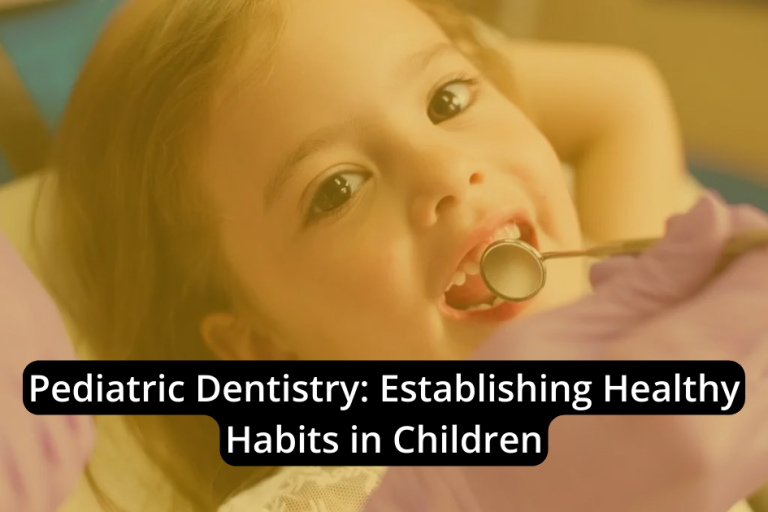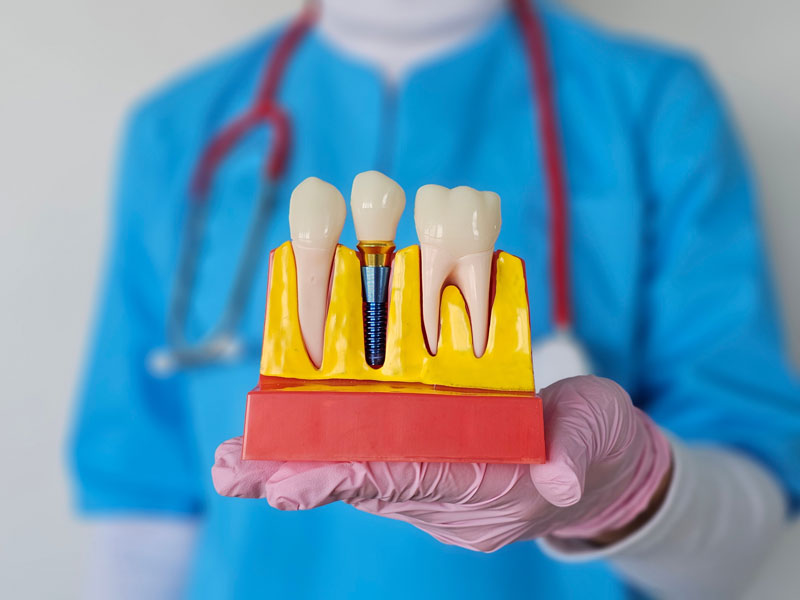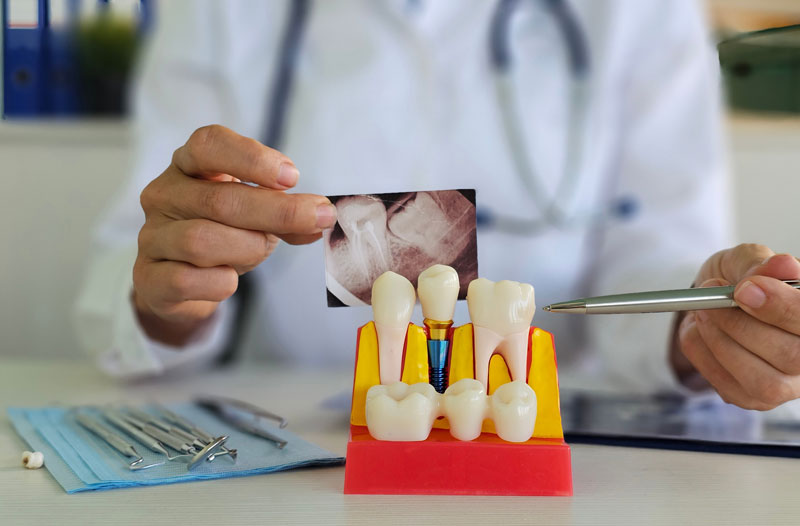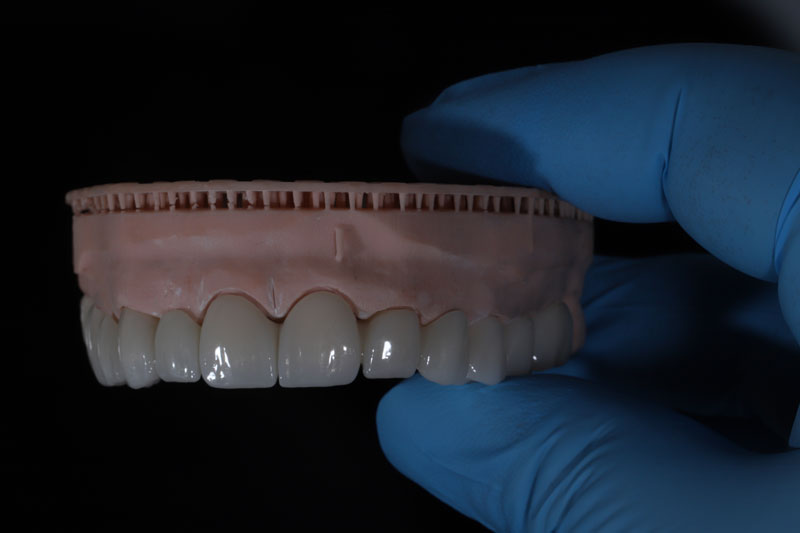Dental Blog - Greater San Antonio
Tips, Facts, And The
Latest In Dentistry

Pediatric Dentistry: Establishing Healthy Habits In Children

A seedling requires proper care to mature into a robust tree, paralleling the need for your child’s oral health to have the right basis for ensuring lifelong strong smiles. Step into the realm of pediatric dentistry where such foundation is established.
Pediatric dentists, due to their specialized training, comprehend the dental requirements your child possesses and assist them in cultivating good oral hygiene habits. It extends beyond mending cavities and encompasses educating your child on the significance of brushing, flossing, and regular dental appointments.
The First Dental Visit: What to Expect
When your child’s inaugural tooth comes into view, or when they celebrate their inaugural birthday, it’s suggested you plan their beginning dental appointment. This guarantees a robust commencement for their oral health. This preliminary appointment isn’t just about looking for decay or other potential issues, it’s about laying the groundwork for future dental hygiene routines and introducing your child to a new environment without fear.
During this visit, the dentist will scrutinize your child’s teeth, jaw, bite, gums, and oral tissues. If required, the dentist might cleanse your child’s teeth and assess the necessity for fluoride. You’ll get advice on diet, oral hygiene, and habits such as thumb sucking, along with information on what to anticipate as your child’s teeth and jaw develop.
It’s also suggested that you persist with routine check-ups. These visits allow the dentist to keep track of your child’s oral health, detect any issues early, and offer preventive care. It’s important to promote a balanced diet, restrict sweet snacks and drinks, and instruct your child to rinse their mouth with water following eating. Establishing these habits promptly ensures the foundation for a lifetime of healthy smiles.
Educating Children on Oral Hygiene

Encouraging young ones to actively participate in maintaining their oral hygiene routines can transform into an enjoyable and fulfilling journey. You, being a parent or caregiver, hold a pivotal position in imparting lessons about the relevance of brushing and flossing using engaging techniques.
We’ll now consider some imaginative ways to foster such indispensable habits in children while emphasizing the notable influence you possess on their dental health journey.
Fun Ways to Teach Brushing and Flossing
Often, it’s discovered that oral hygiene can become amusing, which can significantly boost your child’s curiosity about daily tooth brushing and flossing.
Celebrating new teeth could involve a special trip to select a toothbrush.
Creating a positive connection with oral hygiene could involve incorporating brushing into games or special times. A special song playing during brushing could make the activity more engaging.
Give rewards or celebrate your child when they engage in healthy actions such as brushing and flossing.
It’s also vital to set a good example with proper habits at home. Your actions will emphasize the importance of oral hygiene and inspire the establishment of healthy habits.
Teaching your child about oral health doesn’t need to be laborious but can become an amusing, bonding experience.
The Role of Parents and Caregivers
Continuing to make oral hygiene enjoyable and interactive for your child is crucial. Parents and caregivers play a critical role in teaching kids about good oral health. Home actions, such as demonstrating correct brushing and flossing habits, greatly emphasize the significance of maintaining oral cleanliness.
To make oral hygiene fun, you can celebrate new tooth eruptions by allowing your child to select their own toothbrush. Additionally, participating in pretend games, such as a visit to the dentist, can help alleviate any possible nervousness.
It’s also essential to educate your child about the effects of periodontal disease and the advantages of maintaining oral health. By doing so, you ensure that they develop lifelong dental hygiene habits. Your role in educating them is vital in instilling these healthy habits early.
Preventive Care in Pediatric Dentistry
Pediatric dentistry places a strong emphasis on preventive care, which is instrumental in ensuring a child’s oral health for their entire life. Pediatric dental associations across the nation advocate for a dental visit to be scheduled before a child turns one. These early dental visits help to instill a healthy oral hygiene regimen from a young age.
Preventive care is paramount in a child’s dental routine, with the dentist not only addressing any existing issues but also working to prevent future ones. Regular dental appointments, usually every six months, enable the dental team to track a child’s oral development, offer preventive advice, and confirm that correct brushing and flossing methods are in place. Preventive treatments such as sealants and fluoride applications work to guard against decay and strengthen a child’s oral health.
Positive interactions with dentistry during these early years can help to dispel any potential fear of the dentist in the future. It’s important to talk about dentist visits in a positive manner, show children images of a dental office, and even read them stories about going to the dentist. Milestones, such as the appearance of new teeth, can be celebrated to make dental care enjoyable.
Never underestimate the power of preventive care in pediatric dentistry; it forms the foundation for healthy oral habits in children.
Common Pediatric Dental Issues
Several dental issues are common in growing children, but the right knowledge and approach can help in their effective management. Here are four issues and their solutions:
- Baby bottle tooth decay: Prolonged exposure to sugary liquids in baby bottles often causes this problem. Limiting the time a child spends with their bottle and avoiding sugary drinks can serve as prevention.
- Thumb sucking: This habit is usually outgrown by children around the age of four. If thumb sucking continues beyond this age, consultation with a pediatric dentist can offer advice and potential solutions.
- Cavities: Regular consumption of sugary foods and drinks can lead to cavities in children. Stressing the significance of oral hygiene and routine dental checkups can assist in preventing cavities.
- Tooth sensitivity: Sensitive teeth complaints from a child need immediate attention to identify the cause. It could be due to a cavity, worn tooth enamel, or a problem with a filling.
Establishing solid dental care habits early is crucial. Cleaning a baby’s gums before the appearance of a tooth and switching to a soft-bristled toothbrush when a tooth emerges is recommended.
Nutrition and Oral Health
The diet of your child influences their oral health significantly, making it essential to ensure they consume the right nutrients for robust and healthy teeth. A diet balanced with calcium and low sugar levels is necessary. Calcium fortifies the enamel, the protective outer layer of the teeth, while an abundance of sugar can cause tooth decay.
Restricting the intake of sugary snacks and beverages is a pivotal tactic. Sweet foods can stimulate the proliferation of harmful bacteria in your child’s mouth, leading to the formation of cavities. Persuade them to consume calcium-rich foods such as cheese or low-sugar yogurt. These healthier alternatives provide necessary nutrients and are less likely to adhere to the teeth, minimizing decay risk.
Persuade your child to cleanse their mouth with water post eating. This straightforward practice can remove food particles, balance acids, and rinse sugars that can result in cavities. Choosing water over sugary drinks also contributes to maintaining a cleaner mouth in your child.
Dealing with Dental Fear and Anxiety

What methods can you employ to help your child conquer the apprehension and stress linked with dentist appointments? The answer lies in getting your child accustomed to the process and fostering positive associations.
Role Play:
Simulating dentist visits at home can help alleviate your child’s anxiety. It allows them to grasp what’ll happen, turning the actual visit into a less daunting experience.
Select a Child-Friendly Dentist:
Dentists who’ve expertise in dealing with children can contribute to a positive experience, lessening fear. They utilize tools and methods appropriate for kids, ensuring the visit is less daunting.
Applaud Healthy Practices:
Offer your child rewards for maintaining good oral hygiene habits. This fosters a positive link with oral care, which can reduce anxiety.
Turn Dental Care into a Game:
Blend brushing into games or special bonding time. This strategy turns dental care from a mundane task into a pleasurable activity.
It’s important to note that your reassurance and how you talk about dental visits can significantly affect your child’s view. Sustain a positive outlook and your child will probably do the same.
Using these steps, you can assist your child in overcoming their dental fear and anxiety, setting them up for a lifetime of healthy grins.
Orthodontics for Children: When to Consider
Regular dental check-ups often reveal potential alignment issues in a child’s teeth. Pediatric dentists, due to their specialized training, excel at identifying these early signs. They guide when it would be best to consider an orthodontic evaluation.
Detecting these issues early on is crucial. It simplifies the treatment process and could result in reduced costs over time. Remember, orthodontics isn’t solely about making teeth straight. It’s about promoting the proper growth and development of a child’s jaw and facial structure.
Forming a positive connection with the dentist from a young age can help alleviate dental anxiety in children, making any future orthodontic care easier and less stressful for them.
It was turning dental visits into positive experiences and addressing concerns early on became vital when thinking about orthodontics for children. It’s more than just crafting a beautiful smile; it’s about laying the foundations for a lifetime of oral health. Trust the professionals, stay proactive, and remember that early intervention can bring about substantial changes when it comes to your child’s orthodontics.
Conclusion
Pediatric dentistry is crucial to instilling beneficial oral habits early on. Regular appointments at Elite Dental with a pediatric dentist can assist in keeping this statistic at bay, confirming your child’s oral health is monitored. It’s astonishing that, according to the CDC, 20% of children aged 5-11 suffer from cavities, a preventable disease.
It’s crucial to understand that a healthy smile during childhood can pave the way for a healthier, more joyful adulthood.





